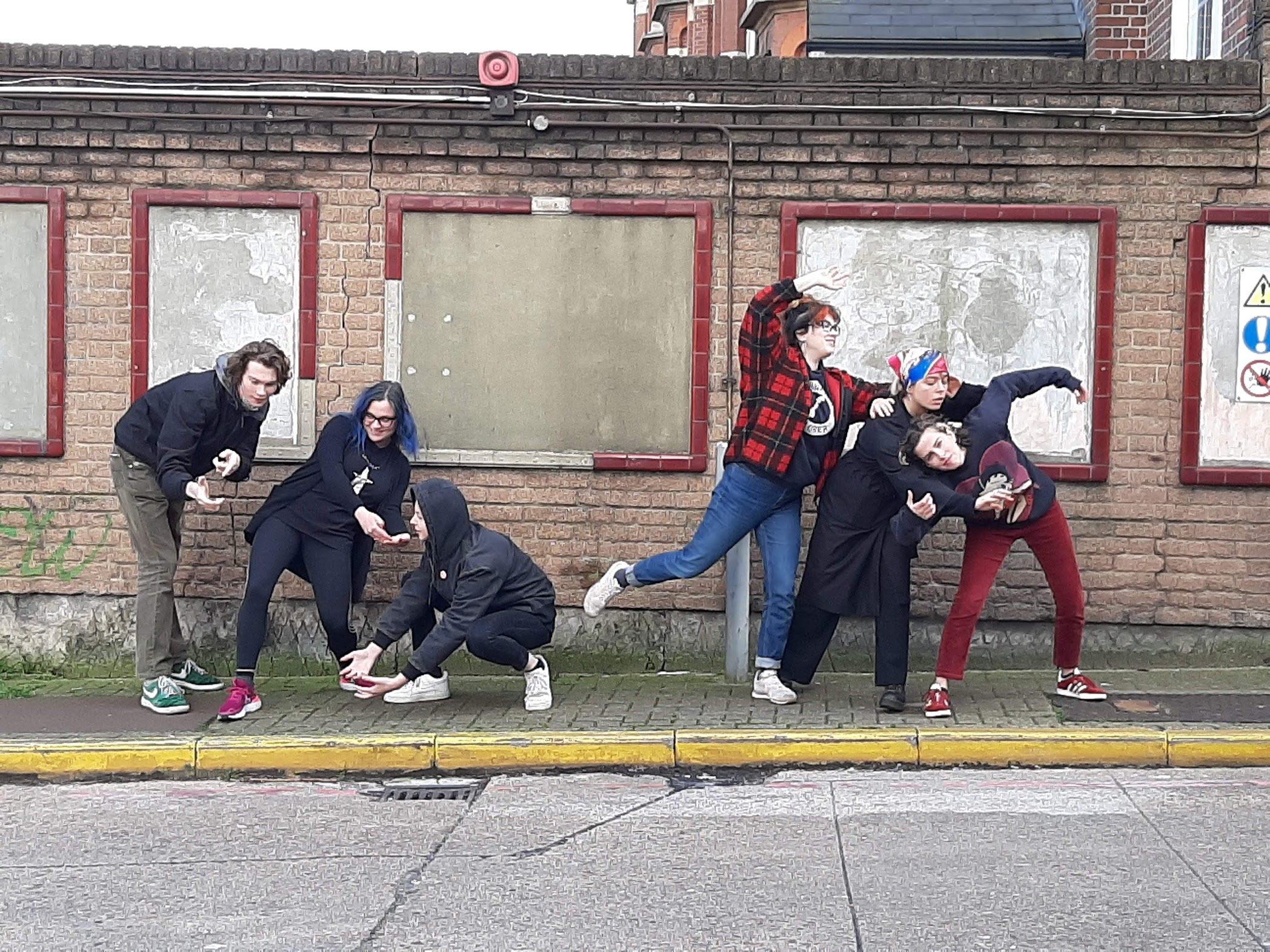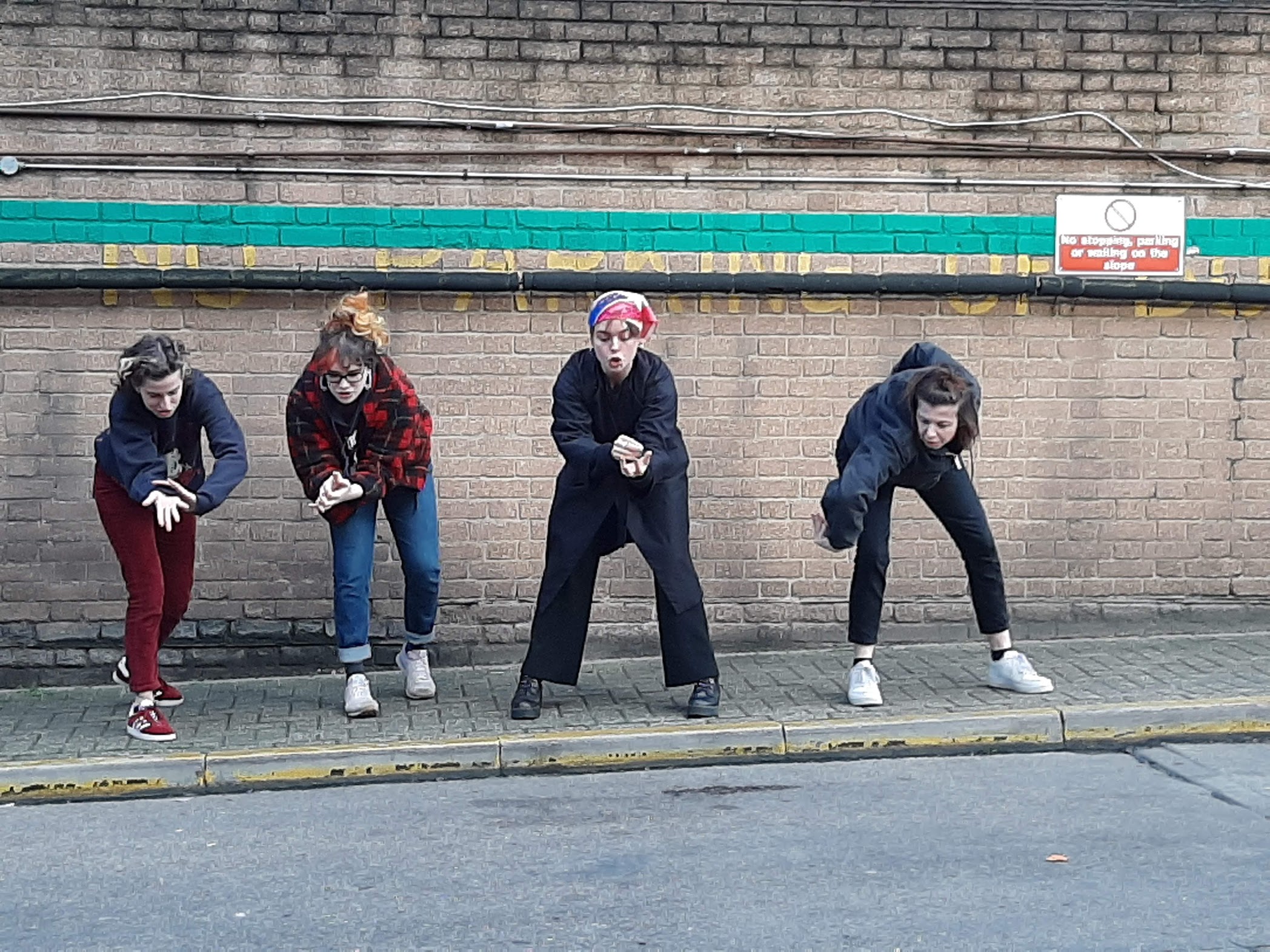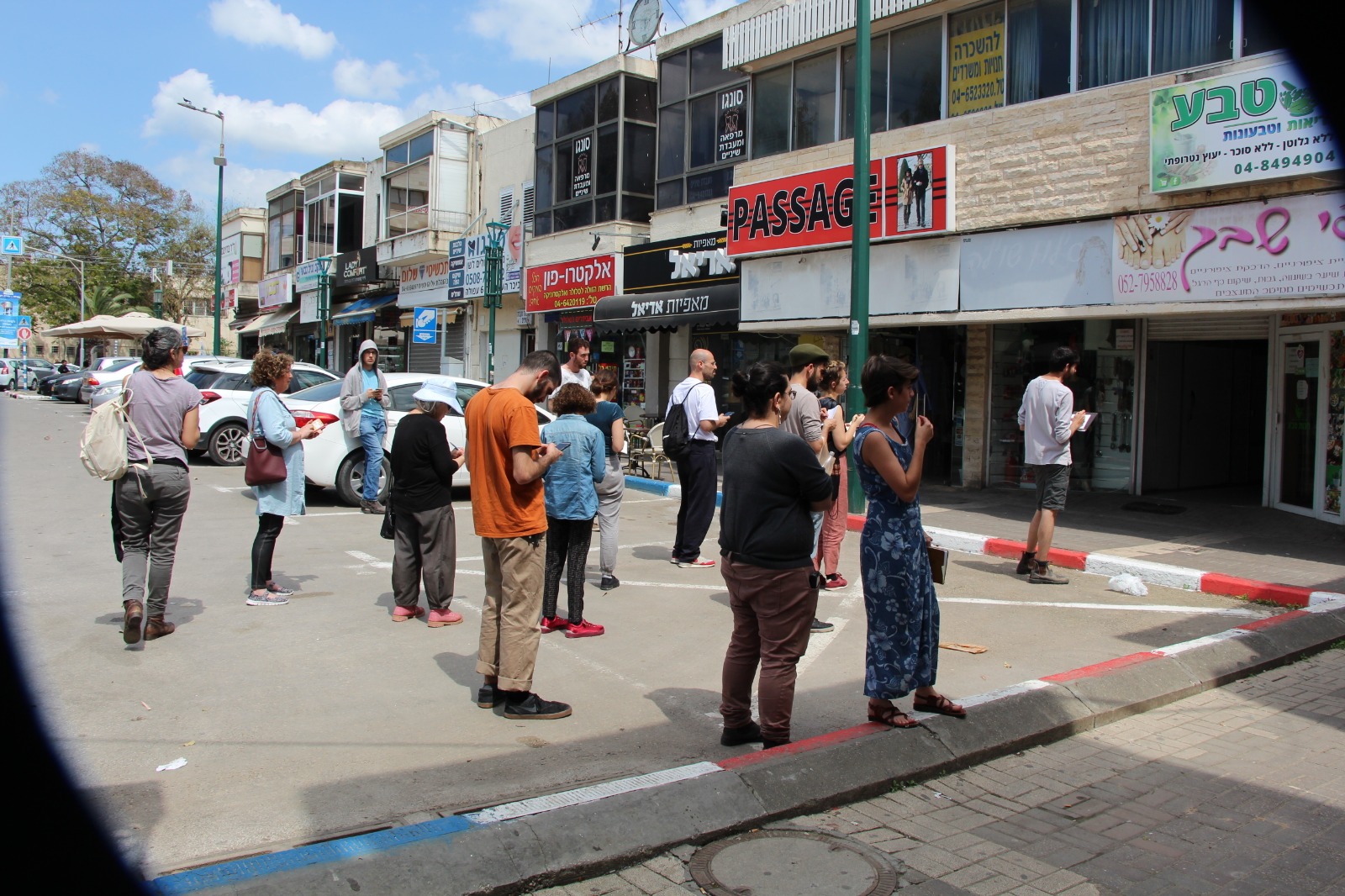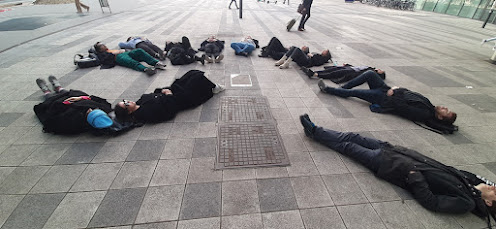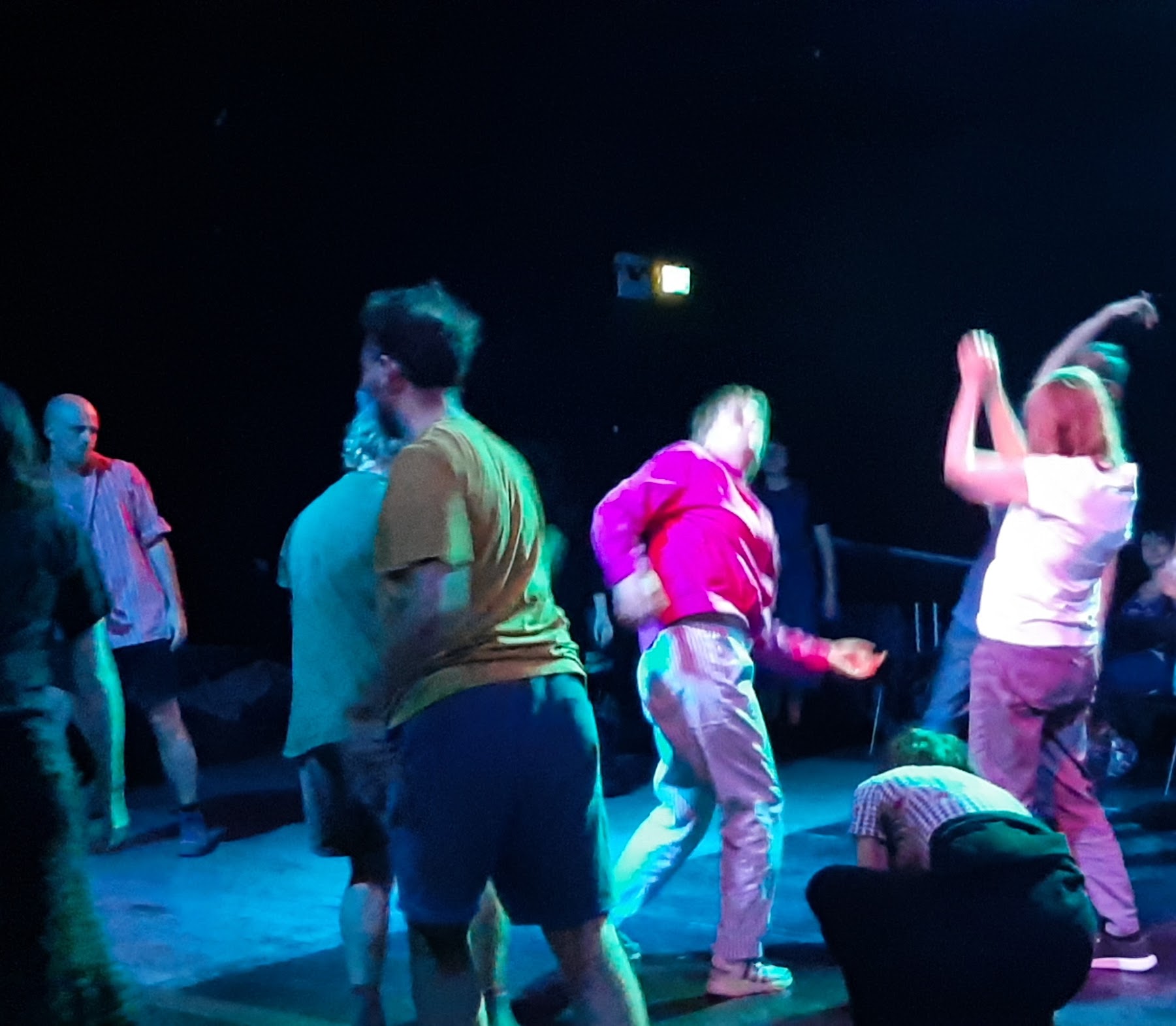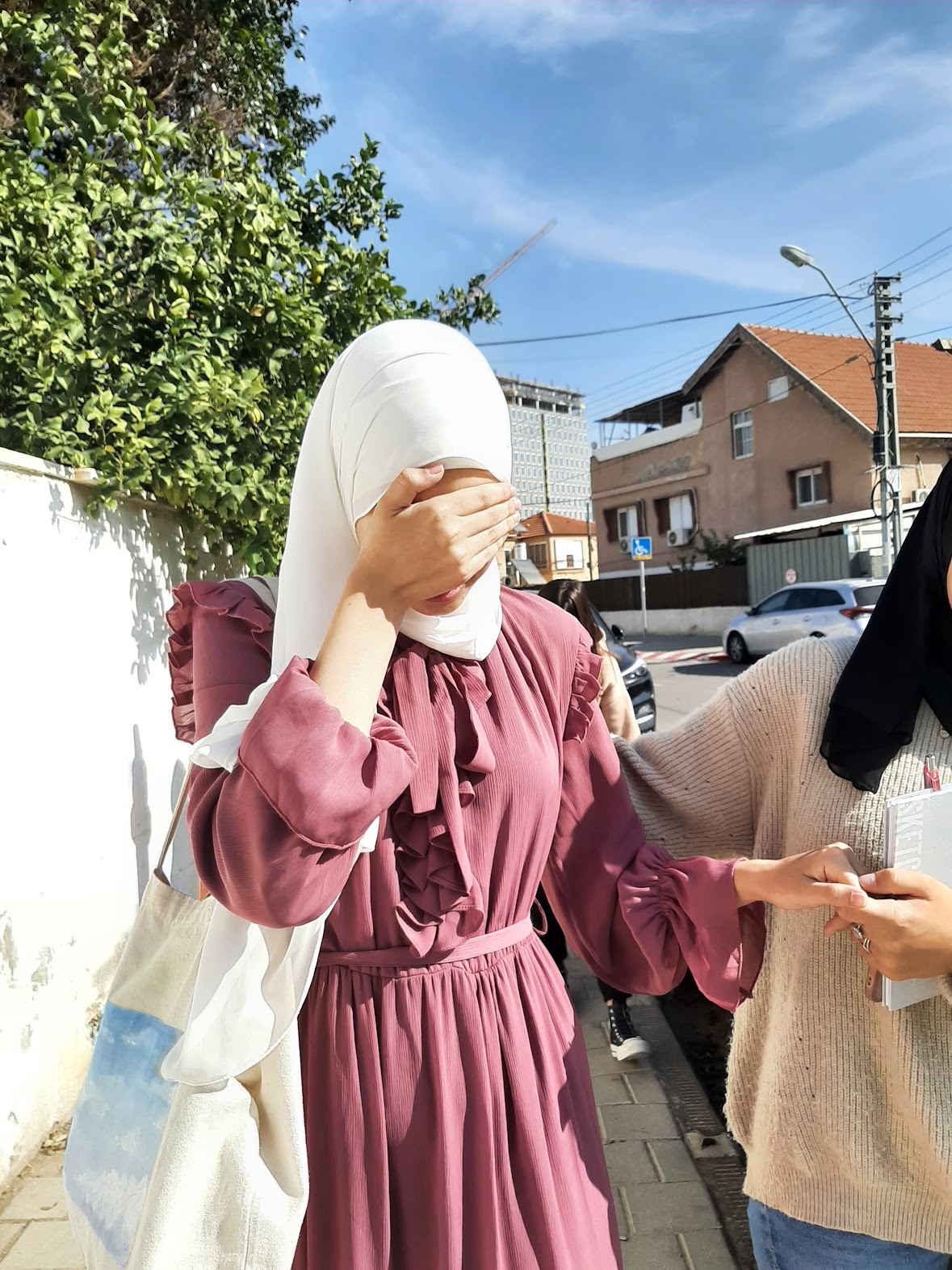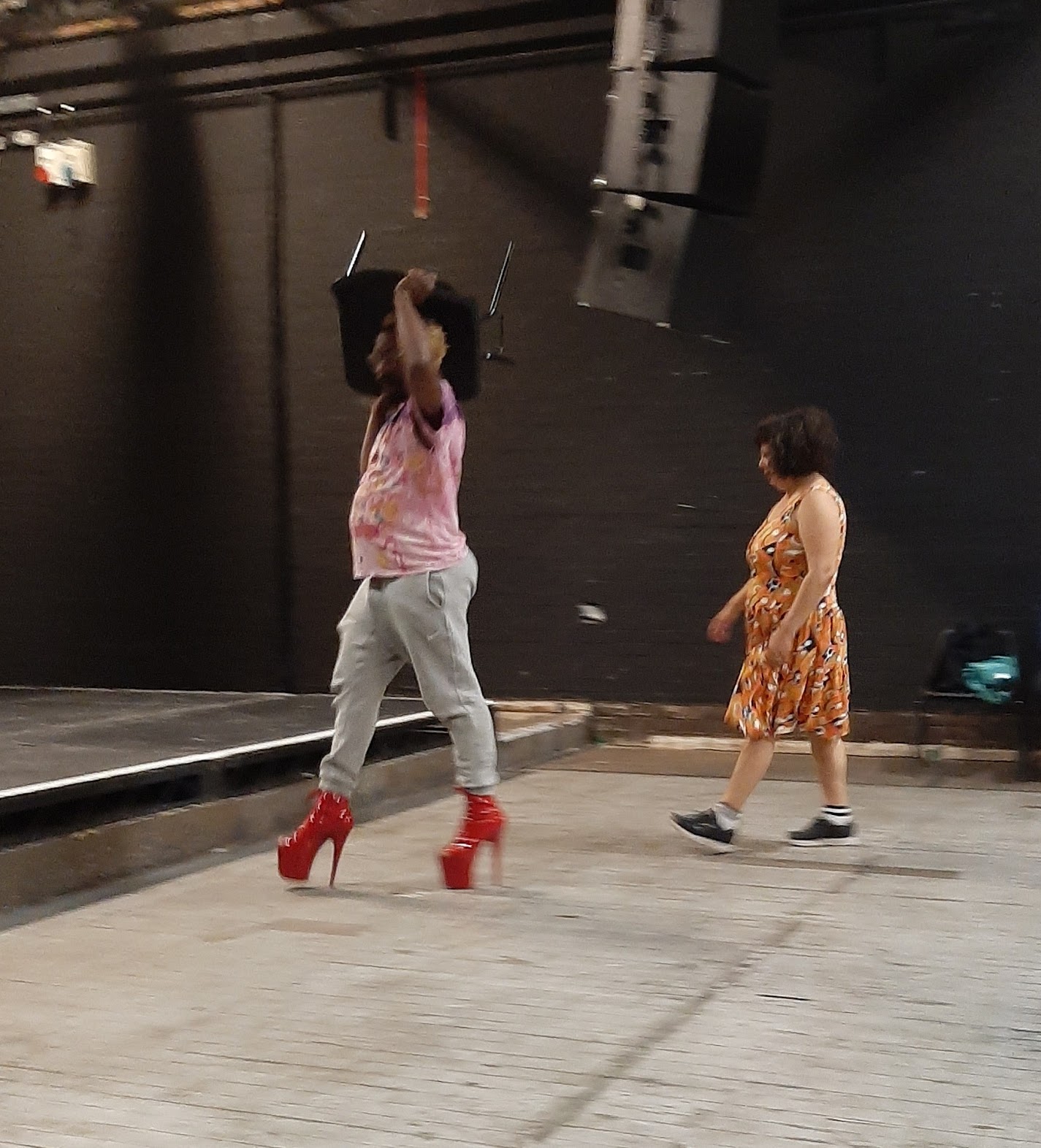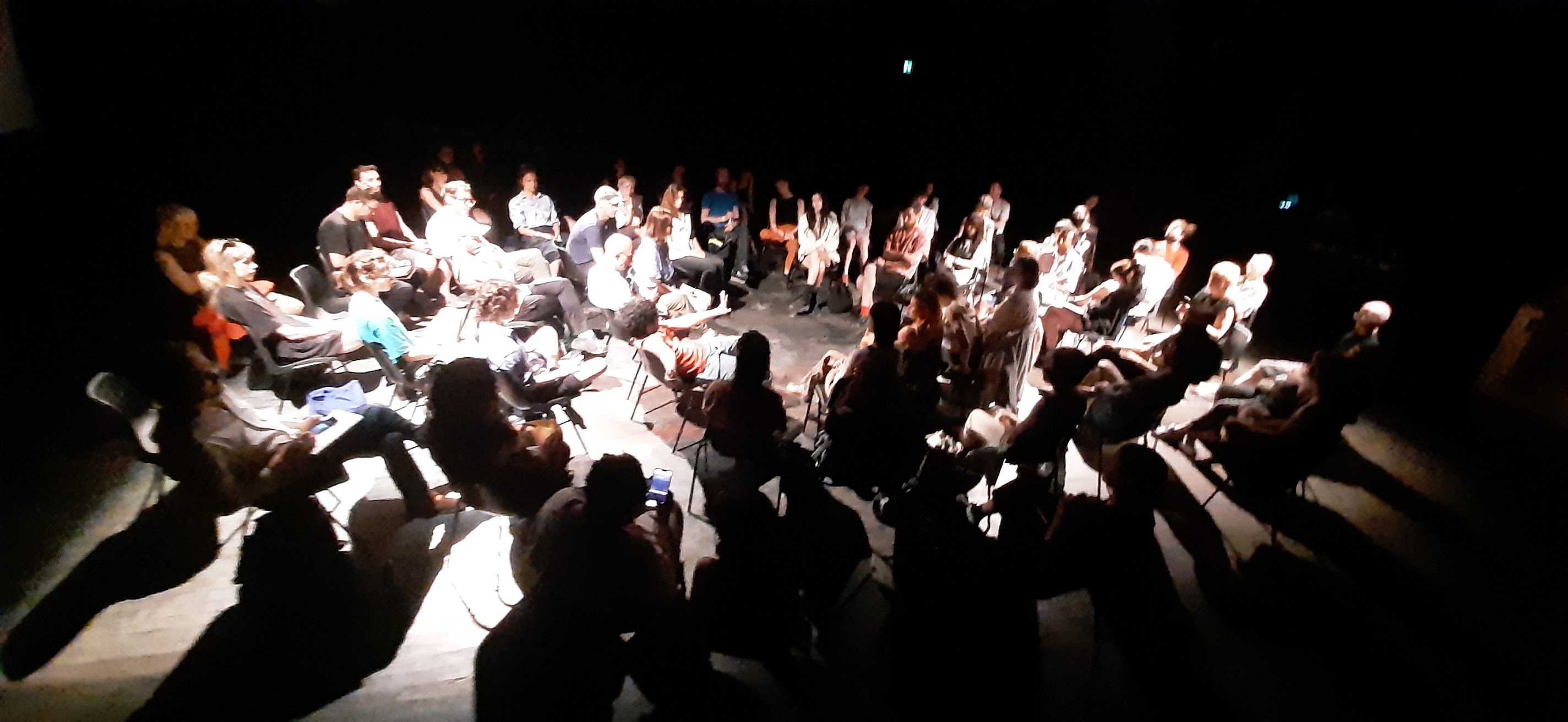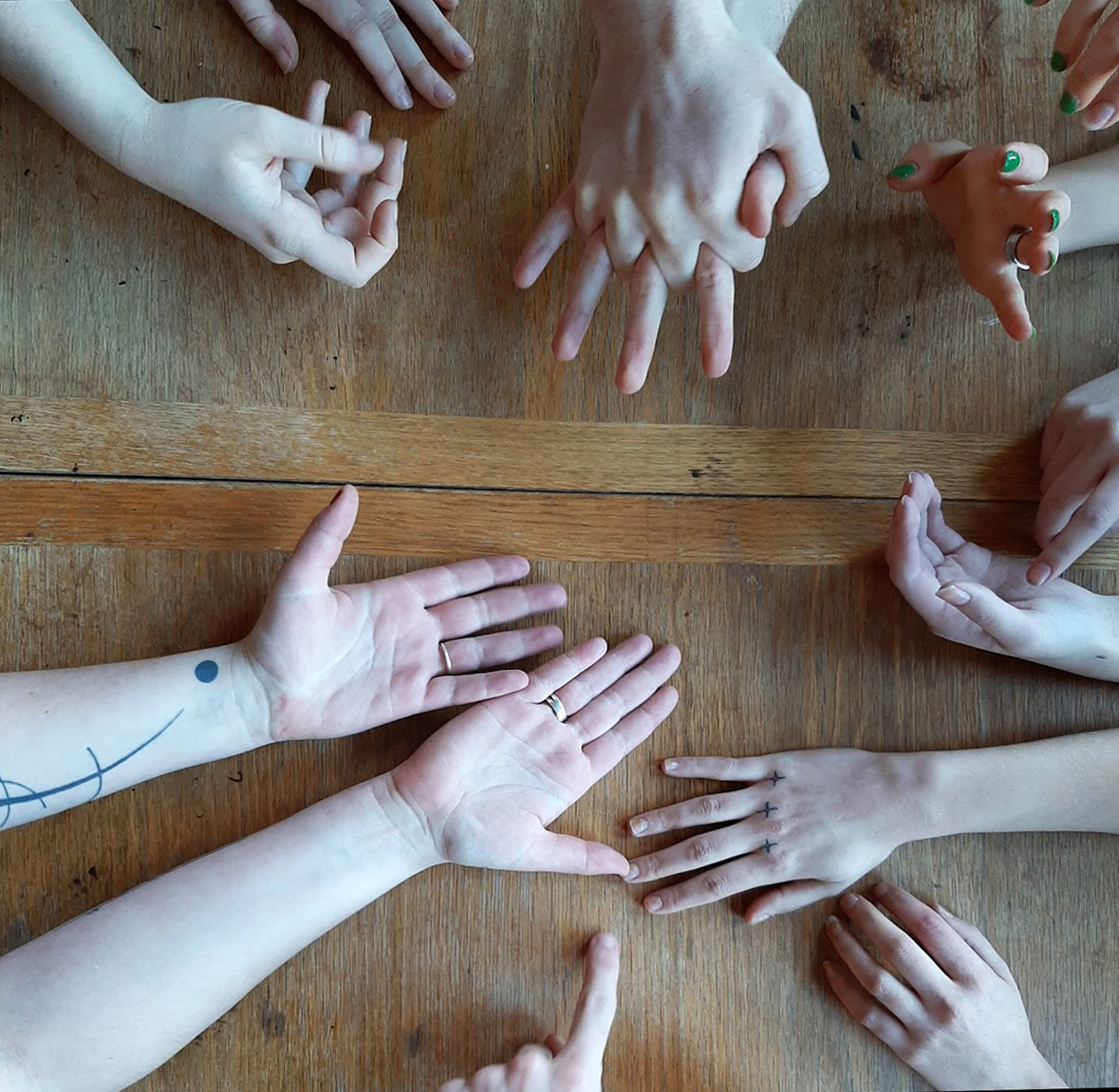
Performance As Research
I came to research from practice. In the years 2010-2018, I developed a set of intimate, participatory performances that were set in various museums. I first looked closely at museum mediation practices, examined the disintegrating boundaries between experts and laypeople, and the shift in knowledge formations by the neoliberal culture of horizontal exchange. Later, I also used numerous existing platforms and generators to challenge the notion of institutional expertise in the age of user-generated content that is celebrated by platform capitalism. Over the years, I worked with institutional caretakers, such as volunteer docents, gardeners, educators, maintenance staff, and the technical and IT teams. These performative encounters brought people, as well as objects and platforms, together in conversation and used the museum space to practice modes of being with others differently.
In recent years, I rely on similar performance-based methodology to question traditional concepts of value based on market-driven ideas of originality, authorship, and ownership. Through practice, I identify the urgency to look closely at the ways the current techno-political environment integrates and intertwines with canonic knowledge institutions.
It is becoming increasingly important to insist on the possibility of multi-positional knowledge production, especially when considering the future politics of advanced computation that is often blind to vital aspects of human existence such as trust, vulnerability, care, and community. The set of research methods I work with in my own research, as well as in my teaching, offers a deeply situated account of how a particular terrain is currently in the process of shifting and how tools taken from live practice can form a method of attuning and engaging with these shifts.
Bringing together the fields of museum practices, critical technologies, and performance is not an obvious move for theoretical research. Therefore, the nature of the research is not set in one place or bound to one method. Yet, I’m less interested in neat and tidy methodologies that are well situated in recognizable fields of research. Engaging with a set of technological and political inquiries “with performance” often produces a sort of discursive disorientation. My current approach was developed during my study and ongoing conversation with the program of Advanced Practices that views artistic activity as propelled by exploring, inventing, and restaging knowledge formats. ‘Advanced Practices’, a term coined by Prof. Irit Rogoff, is often used for understanding what constitutes the grounds for practice and asking how practices move forward or ‘advance’ to offer forms of contemporary entanglement.
A few examples and methods: Lecture Performance: The model of the lecture performance helped me develop my own research lexicon, which activates the space between theory, visual representation, and speculative writing; Speculative Performative Writing: I use experimental writing to invoke speculative scenarios, such as non-human witnessing and inhabiting digital twins, to propose creative forms merging autobiography and critical theory; Tactical Performances and Collective Study in the Data Space: These short encounters that take place in the digital and data space offer a “troubling” approach to the lifecycles of commercial data and mark the potential of the digital afterness to become a site for productive interruption; Reparative Encounters: A series of collaborative working groups that take place in the data space, bringing together groups of local and international artists, artisans, thinkers, and climate and data activists; Artistic Symposiums: Bringing together practitioners from across an expanded ecology of practices, these multi-format forums speculate on chosen themes through complex modes of artistic and theoretical co-productions; and Teaching and Workshopping: I use performance-based methodology to teach and workshop, always working towards various methods of collective studying.
